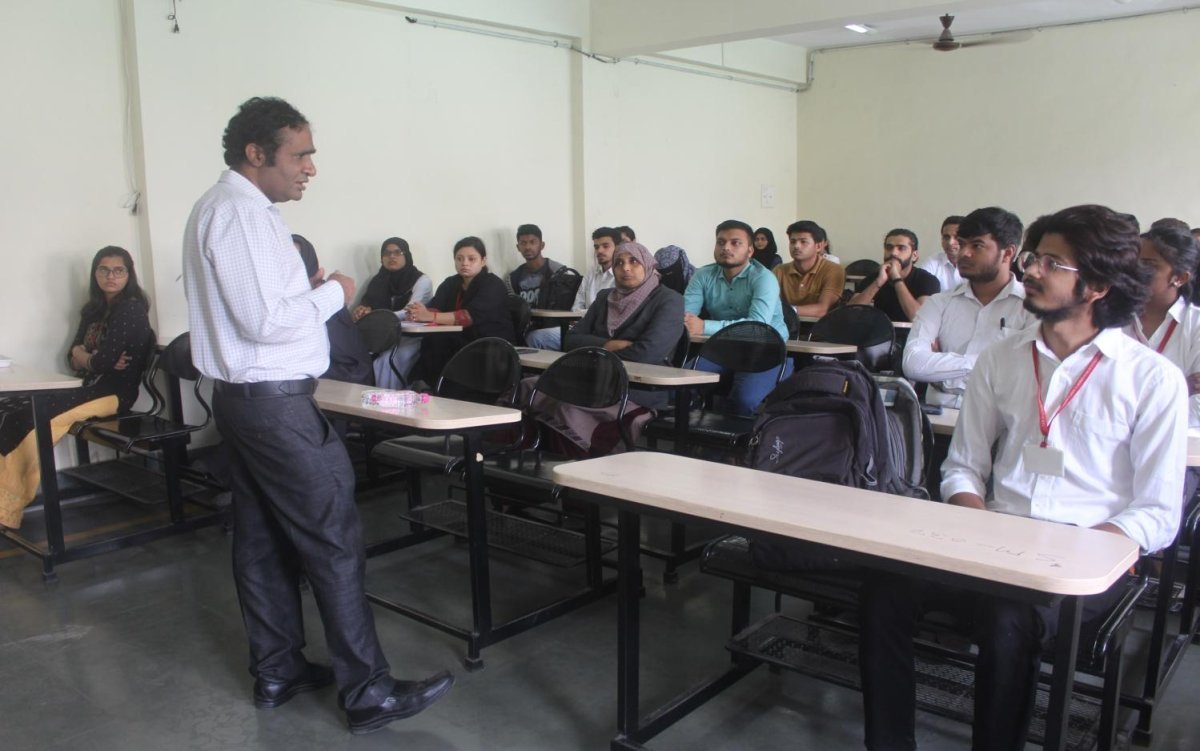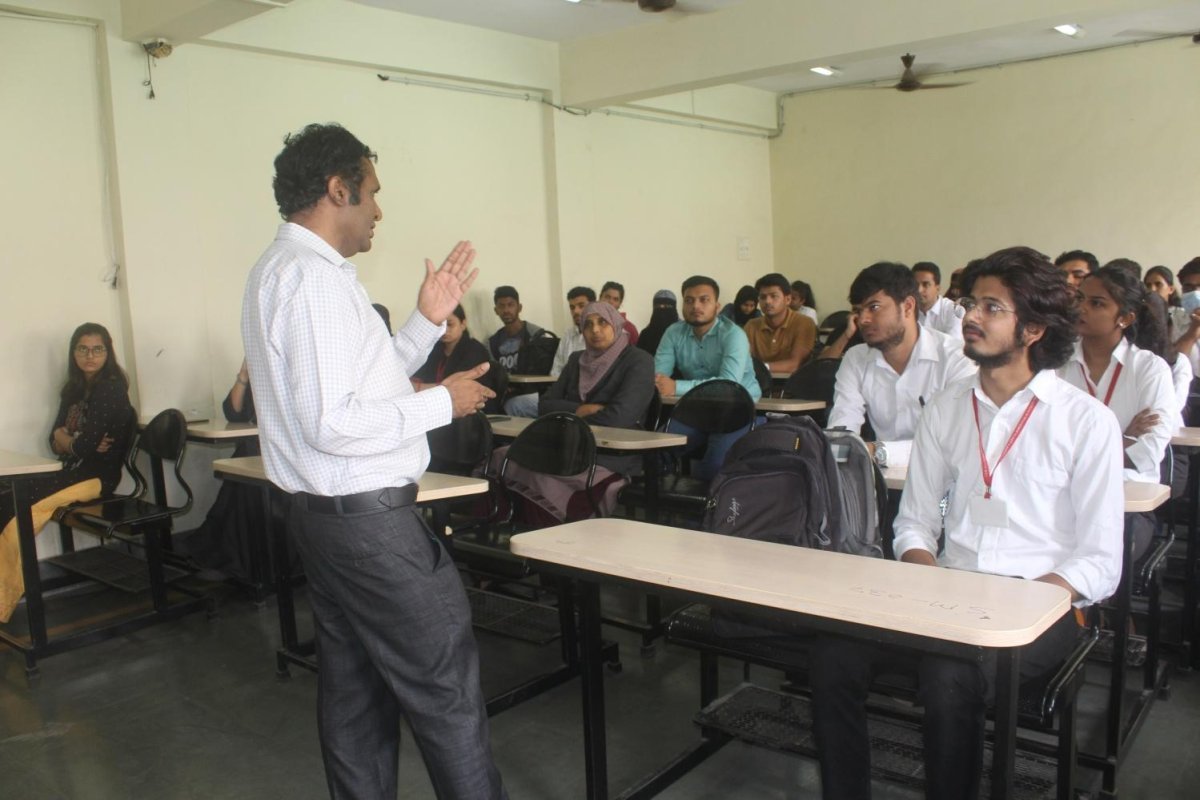Program Highlights
An session on “Introduction to Cyber security” was conducted for all courses MBA, MBA IT MBA HRD students on November 11th to 13th, 2024.at 11:00 am. The objective of the session was to provide comprehensive guidance to the students on to raise awareness about the fundamental rights that every individual is entitled to and the importance of upholding these rights in modern society.
The program provided the students with a deep understanding of Cyber security.
During the session, key aspects covered included:
• Session Overview: The session on Introduction to Cyber Security was conducted by Sharma Sir, covering key aspects of cyber security, focusing on both theoretical understanding and practical applications in the digital world. The sessions were divided into two parts: Session I and Session III, each covering different aspects of cyber security with a focus on building foundational knowledge and advanced techniques.
What is Cyber Security?
• Sharma Sir began by defining cyber security as the practice of protecting systems, networks, and programs from digital attacks, damage, or unauthorized access.
• The importance of securing digital assets in today’s increasingly connected world was stressed, highlighting that cyber threats pose a significant risk to organizations and individuals alike.
Types of Cyber Threats:
• Malware: The discussion covered different forms of malware, including viruses, worms, and ransomware.
• Phishing Attacks: The session detailed common techniques used by cybercriminals to steal sensitive information.
• Denial of Service (DoS) Attacks: Sir elaborated on how these attacks disrupt the normal traffic of a network, causing service unavailability.
• Man-in-the-Middle (MitM) Attacks: These attacks were explained in detail, emphasizing how attackers intercept and manipulate communication between two parties.
Cyber Security Principles:
• Confidentiality, Integrity, and Availability (CIA Triad): The core principles of cyber security were discussed in depth, focusing on how to maintain the security of systems through these principles.
• The importance of implementing strong security measures to maintain data integrity and prevent unauthorized access was emphasized.
Best Practices in Cyber Security:
• Password security, regular software updates, and the use of multi-factor authentication (MFA) were discussed as essential steps in securing personal and organizational data.
• Sharma Sir also highlighted the significance of employee training and awareness to prevent human errors that often lead to security breaches.




